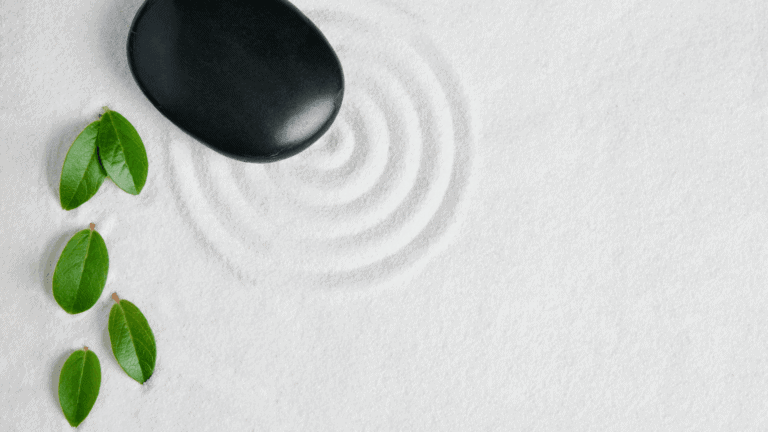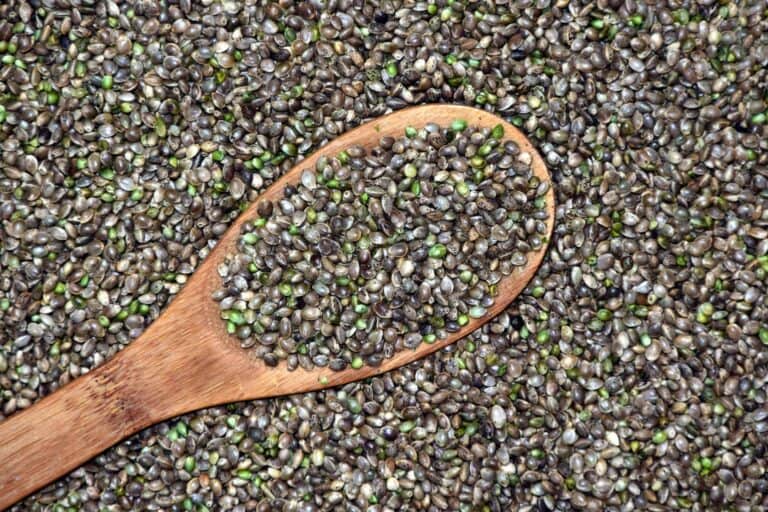What Happens When You Stop Taking CBD Oil?

Are there any CBD side effects if you were to stop taking CBD? Studies have suggested that taking CBD Oil reduces anxiety and cravings. It’s also a safe alternative to many other medications which makes them a popular choice with many people looking for natural, organic and holistic remedies.
Because of this, it comes as no surprise that some people wonder what would happen if you stop taking CBD oil – will all the positive effects go away? Will there be any negative effects?
The good news is – You will not experience withdrawal symptoms.
CBD are so gentle and well-tolerable while being non-additive that it will not lead to dependency on CBD and you will not experience withdrawal symptoms if you stop taking it, although you will not experience the positive effects of CBD when you stop taking CBD oil.
If you’ve run out of CBD and you have been taking CBD to ease symptoms like irritability, fatigue or nausea, here are some super easy-to-implement tips you can try to help ease certain symptoms. You can also use these tips alongside taking CBD to enhance the effectiveness of CBD.
Tips for easing nausea
There are several things you can try to help with the feelings of nausea.
- Add ginger to your food and drink
- Eat more frequent but small meals
- Drink regular sips of cold drinks
- Get plenty of fresh air
- Distract yourself such as watching a movie or listening to music
There are also things that you should avoid when you are feeling nauseous, such as:
- Avoid eating or cooking strong-smelling foods
- Don’t eat too quickly
- Don’t have large drinks with your meals
- Don’t lie down as soon as you finish eating
- Don’t eat fried, hot or greasy foods
- Don’t wear tight-fitting clothes, especially around your tummy
If the feelings of nausea or vomiting persist, please see your GP as they may need to prescribe an anti-sickness medicine if needed.
How to calm irritability
There are many different physical and mental causes of irritability. These causes include:
- Anxiety
- Bipolar disorder
- Depression
- Dementia
- Post-traumatic stress disorder (PTSD)
- Low blood sugar
- Stress
- Sleeping problems
- Premenstrual syndrome (PMS)
- Chronic pain
- Substance withdrawal
- Thyroid problems (underactive and overactive thyroid)
- Traumatic brain injury
- ADHD
- Autism spectrum disorder
- Conduct disorder
- Oppositional defiant disorder
A person with irritability may experience symptoms and feelings such as:
- Agitation
- Aggression
- Frustration
- Rapid heart rate
- Moodiness
- Feeling annoyed and grumpy
- Restlessness
- Difficulty concentrating
Depending on the underlying health condition that is causing your irritability, your GP or doctor will recommend relevant treatment for your diagnosis. For example, if your irritability is linked to a mental health condition, your doctor may suggest psychotherapy such as CBT (cognitive behavioural therapy), medications or both.
Here are some things you can do at home to try and reduce irritability.
Good quality sleep
Poor sleep quality can make irritability worse. If you practice a good sleep routine you have a better chance of better quality sleep.
Know your triggers
When you know what triggers you, you can manage it. A good way to help you identify your triggers is to keep a diary. Rate your levels of irritability and anxiety on a daily basis for 2 weeks and you should be able to find a pattern and the trigger for these feelings. Once you are aware of the triggers, you can then acknowledge them to help you manage irritability.
Practice relaxation techniques
There are many activities and things you can do to help improve your mood. Not all of the suggestions would work for you, but the key is to find something that does work for you. Here are some examples you can try at home:
- Walk, gym or any other physical activity
- Listening to music or watching movies
- Reading a book
- Yoga or pilates
- Breathing exercises
- Taichi
- Have a self-pamper day for an hour (such as a spa or bath)
- Do something creative such as painting or crafting
Make mindfulness part of your daily routine
Mindfulness helps you create mental space by focusing your attention on the present moment. This practice has been shown to help people with anxiety disorders and anger management issues. The great thing about mindfulness is you can practice it anywhere and anyone can do it as it’s easy to learn.
How to improve fatigue
Fatigue is when you feel like you are suffering from overwhelming tiredness that isn’t relieved by rest and sleep. In most cases, fatigue is caused by a lack of sleep, poor diet, stress or other lifestyle factors but it can also be an underlying medical condition. It is best to consult with your GP or doctor for advice to rule out any underlying medical condition.
Here are some self-help tips that you can try to fight tiredness right away:
Keep your energy up by eating
An effective way of feeling more energetic is to have healthy snacks between your regular meals every 3 to 4 hours instead of having large meals less often.
Be more active
Exercising is probably the last thing on your mind when you are feeling fatigued and tired, but in the long run, having regular exercise will make you feel less tired and help you have more energy.
Any exercise that is more than your current physical activity will help. You can start with a 15-minute walk and build it up gradually.
The recommended amount of exercise for moderate-intensity aerobic exercises such as speed walking or cycling per week is 2 hours 30 minutes.
Lose some weight
If you are overweight and you are carrying excess weight it can contribute to putting extra strain on your heart which will make you feel tired. Try losing some weight to feel more energetic by having a more active lifestyle and eating healthily.
Beware of trying ‘fad diets’ as they are often not healthy and cause a rebound in weight when you stop resulting in gaining all the weight you’ve lost back plus more. Try consulting with your doctor on healthy eating tips, especially if you’re under any medications or have an underlying medical issue.
Reduce stress
Have you felt extra tired whenever you are stressed? That’s because stress uses up energy. You can improve stress by applying the same suggestions as the relaxation techniques above.
Good sleep
Not having a good night’s sleep will affect your ability to stay alert throughout the day. If you have trouble sleeping, you can try these tips:
- Avoid napping during the day
- Relax before you go to bed
- Wake up and go to bed at the same time every day
Drinking the right fluids
Cutting back on drinks that contain caffeine and alcohol will help reduce your tiredness whilst drinking more water will help you feel less tired, especially after exercise or when you’re dehydrated.
Talking therapy
There are talking therapies that can help fight fatigue or tiredness caused by low mood, anxiety or stress. These therapies include counselling or cognitive behavioural therapy (CBT). Speak to your GP or doctor for advice on talking therapies or for a referral. You may also see a private therapist.
Want to learn more? Here’s what we know and what we don’t know about CBD.
Other Articles & News

Balancing Your Endocannabinoid System
What is the Endocannabinoid System? How Can CBD Help With Balancing Your Endocannabinoid System? If…

CBD oil vs Hemp seed oil – What’s the difference?
CBD oil VS Hemp seed oil – These are the two of the most popular…

Do Hemp Seeds Contain CBD?
For thousands of years, hemp has been utilised for a wide range of products, including…